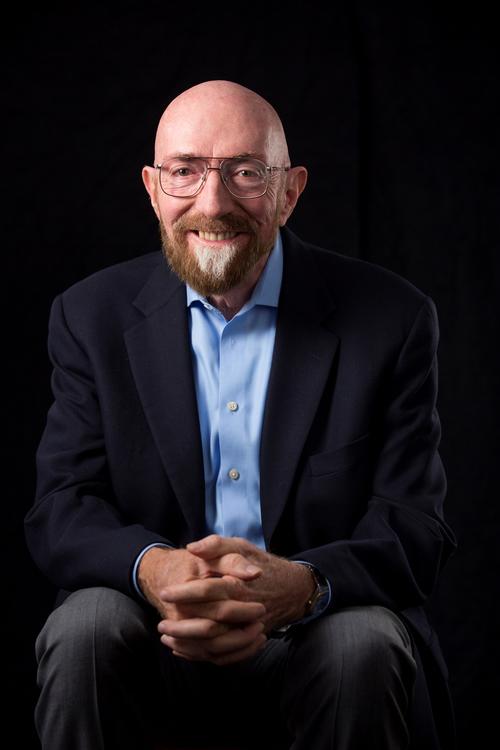15th Einstein Lecture Dahlem: Kip S. Thorne
A Century of Einstein’s Relativity: From the Big Bang to Black Holes and "Interstellar"
Nov 25, 2015
Kip S. Thorne, Feynman Professor of Theoretical Physics, Emeritus, at the California Institute of Technology (Caltech) in Pasadena, USA
Image Credit: Jon Rou
100 years ago Albert Einstein formulated his general theory of relativity - a set of physical laws that attribute gravity to the warping of time and space. These laws have been wonderfully successful. They have been tested with high precision in the solar system and in binary pulsars. They explain the expansion of the universe and predict black holes and gravitational waves. When combined with quantum theory they provide a tentative framework for understanding the universe's big-bang birth. And they have become embedded in popular culture via, for example, the science fiction movie Interstellar. Thorne will discuss Relativity's first century, using Interstellar to illustrate many of Relativity's deepest ideas.
Kip Thorne (1940) received his B.S. degree from the California Institute of Technology (Caltech) in 1962, and his Ph.D. degree from Princeton University in 1965. Thorne returned to Caltech as an associate professor in 1967 and became a professor of theoretical physics in 1970, the William R. Kenan, Jr. Professor in 1981, and the Feynman Professor of Theoretical Physics in 1991. Thorne's research has focused on gravitation physics and astrophysics, with emphasis on relativistic stars, black holes and gravitational waves.
In June 2009 Thorne resigned his Feynman Professorship (becoming the Feynman Professor of Theoretical Physics, Emeritus) to ramp up a new career in writing, movies, and continued scientific research. His first film project was Interstellar (2014), working with Christopher Nolan. Thorne was the film's science advisor and an executive producer and with Lynda Obst he coauthored the treatment from which the movie grew.
In 2017, Kip S. Thorne was awarded the Nobel Prize in Physics together with Rainer Weiss and Barry C. Barish for decisive contributions to the Advanced Laser Interferometer Gravitational-Wave Observatory (LIGO) detector and the observation of gravitational waves.
This very special Einstein Lecture on November 25, 2015, in cooperation with the Max Planck Society was dedicated to the 100th anniversary of Einstein presenting his general theory of relativity.

